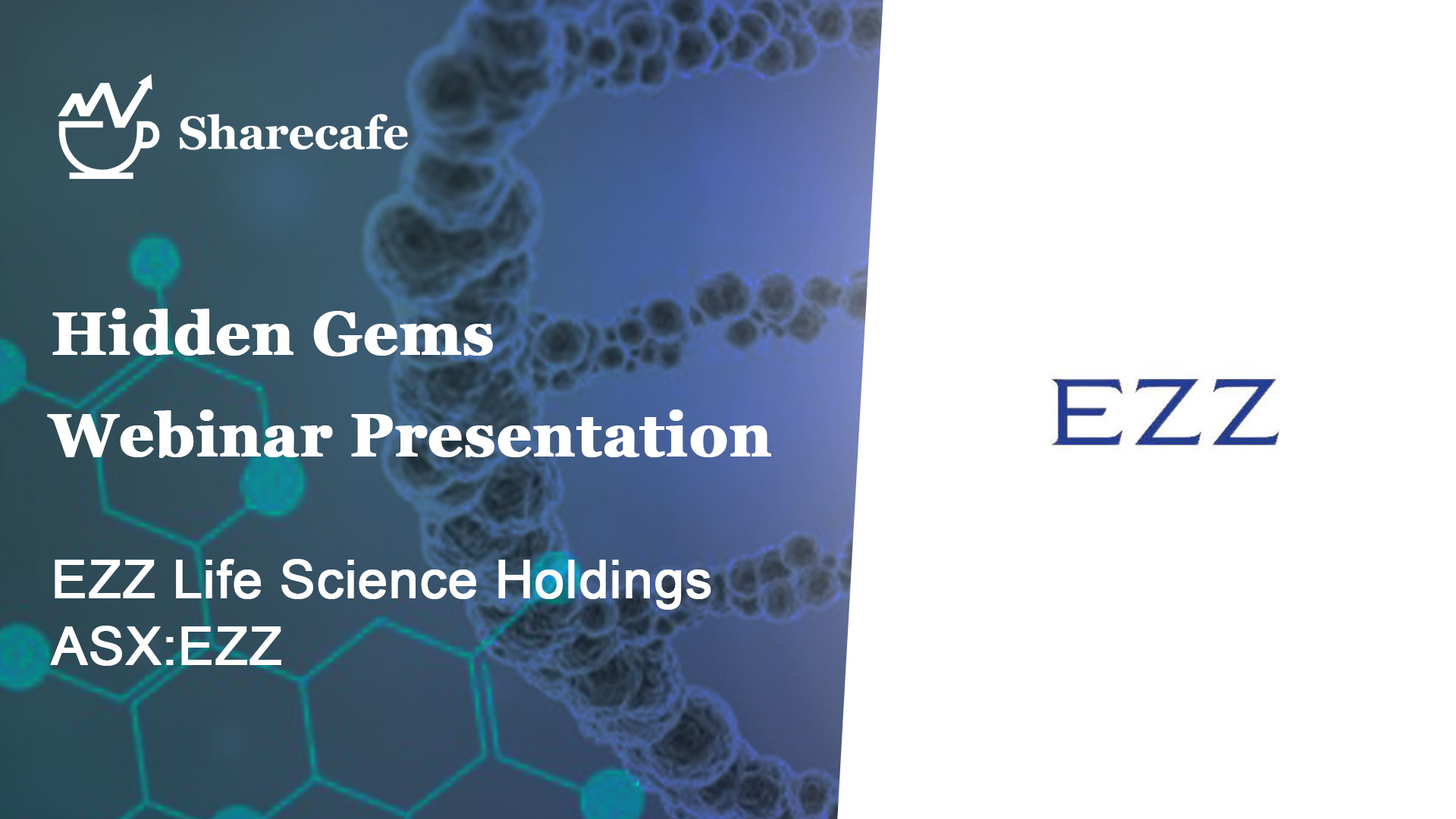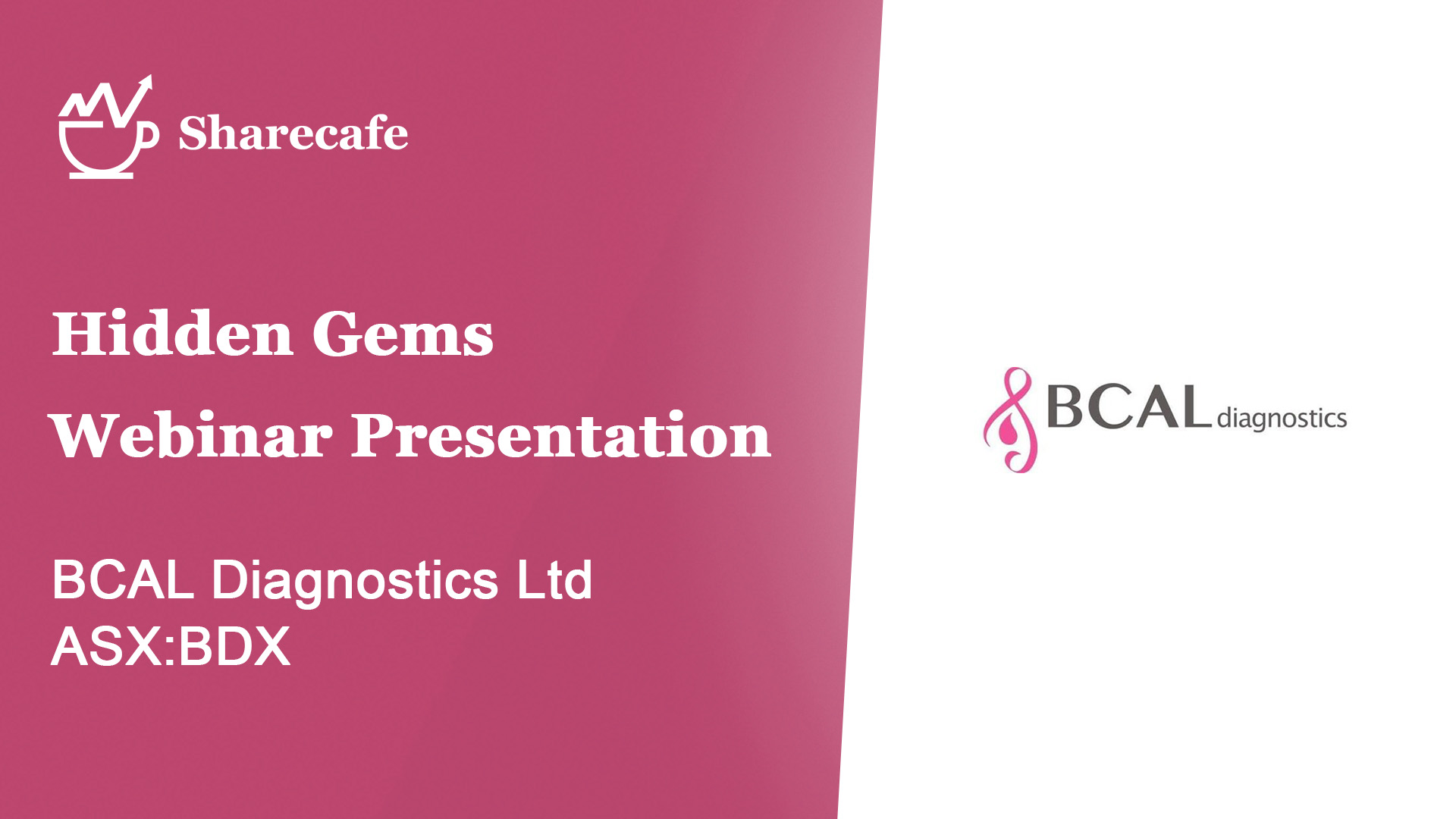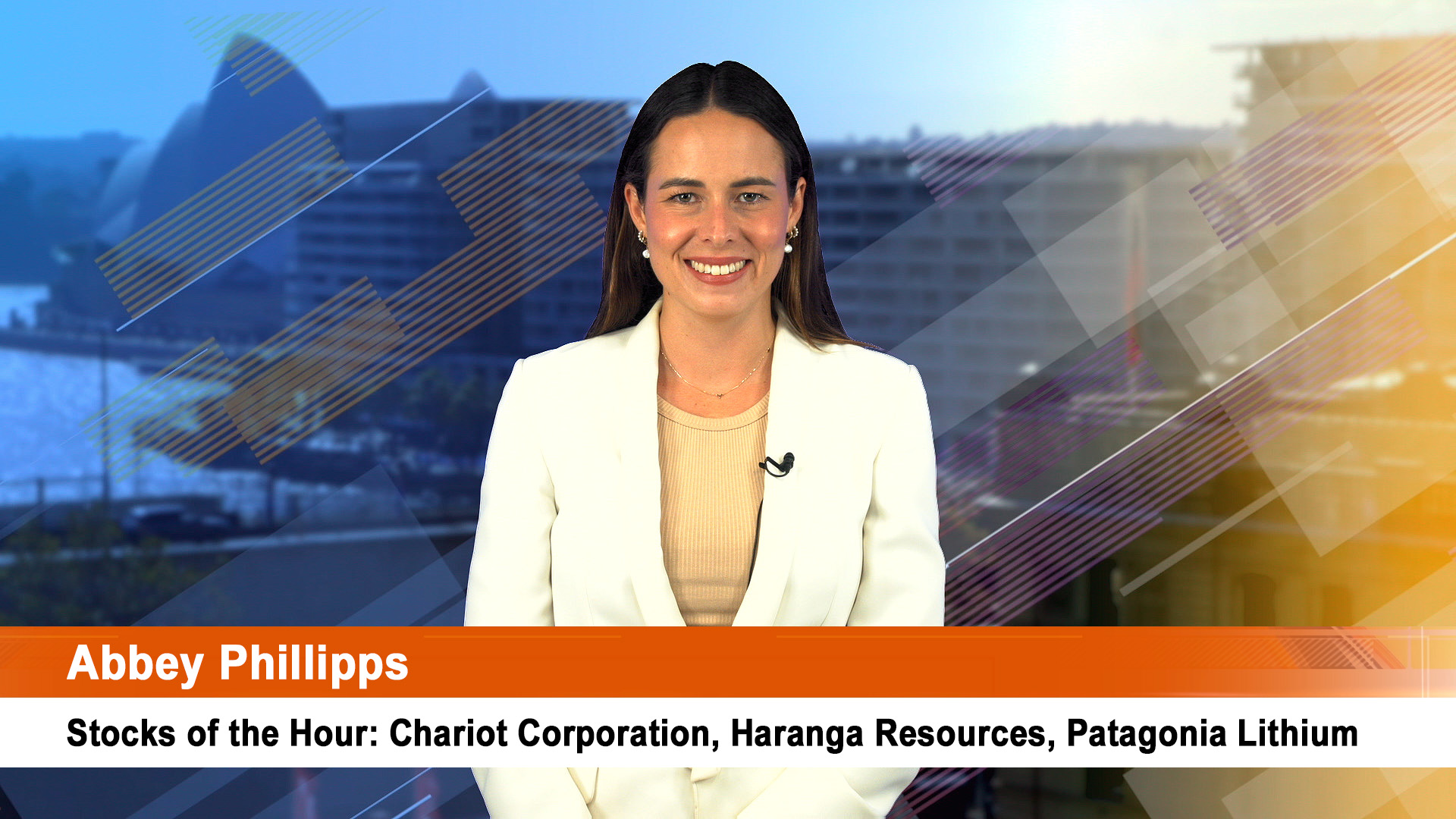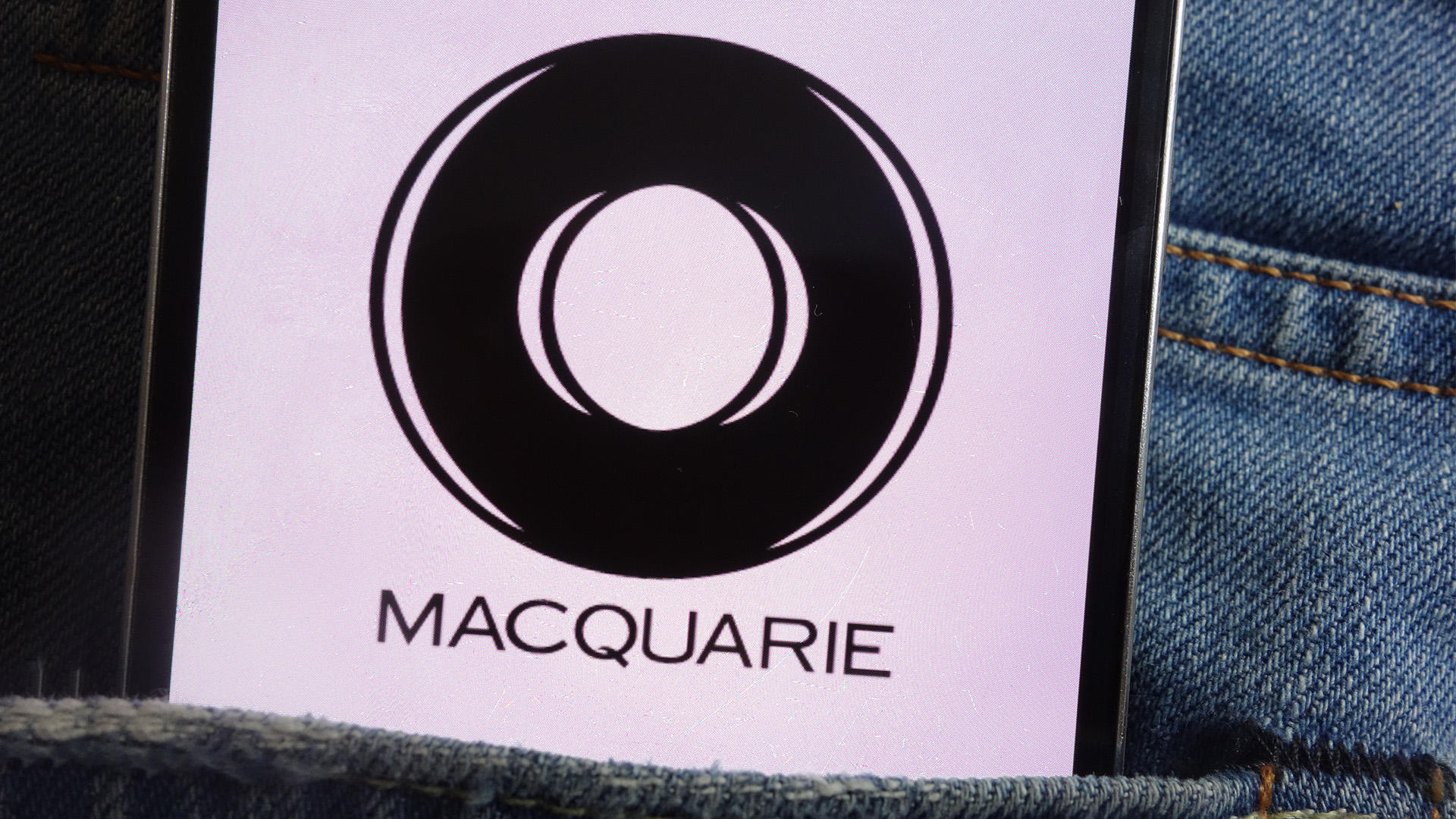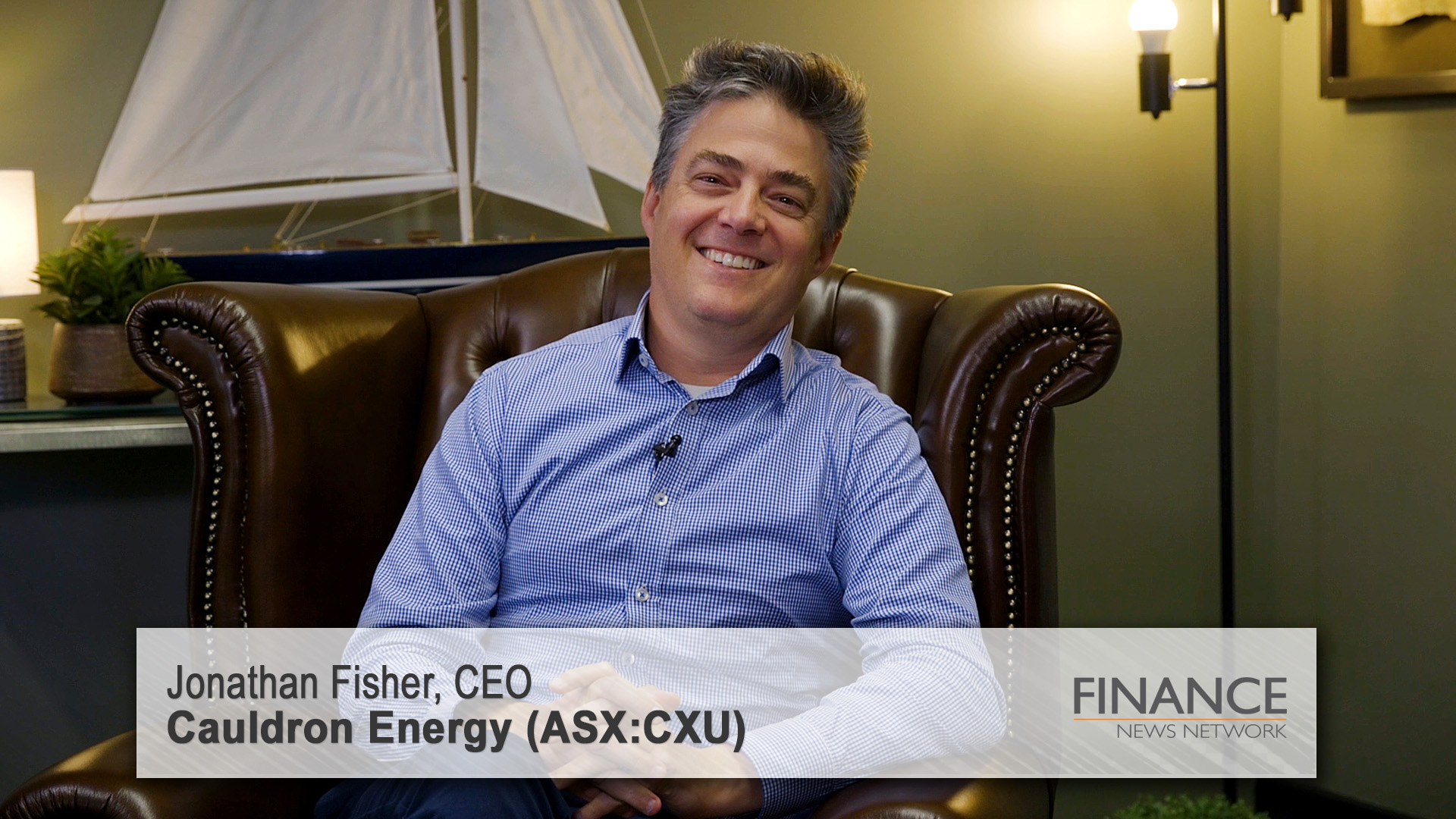Another solid quarterly report from Warren Buffett’s Berkshire Hathaway – operating profit rose (it excludes one off earning from asset sales), but net income also fell from a year ago.
But that hit to net income disguises the end to another of his very profitable deals struck during the GFC – this time to help the privately-owned Mars Inc pay the $US23 billion it had agreed to pay for gum maker Wrigley.
The rough math on the $US6.5 billion Berkshire lent/invested in the transaction ended in the September quarter, but not before generating a return equal to more than 16% a year for Buffett’s company.
As previously reported, Berkshire’s operating profit rose to $US4.85 billion, from $US4.55 billion a year earlier. Quarterly net income fell 24% to $US7.2 billion from the al time high of $US9.43 billion in the September quarter of 2015.
Berkshire reported a gain of $US2.35 billion on derivatives and investments, mostly the sale of preferred stock in chewing-gum maker Wrigley. That compares with a gain of $US4.88 billion a year earlier from the KraftHeinz merger which Berkshire helped finance and engineer.
According to Berkshire Hathaway’s quarterly SEC filing on Saturday, our time, the amount it sold its preferred shares — equivalent to about 20% of the Wrigley — to Mars, included an October dividend payment.
"During 2008, we purchased $2.1bn of Wrigley preferred stock that was acquired pursuant to a shareholder agreement in conjunction with Mars Incorporated’s acquisition of Wrigley. Pursuant to certain put and call provisions in the shareholder agreement, up to 50% of our original investment was redeemable over a 90-day period that was scheduled to begin on October 6, 2016.
"On August 8, 2016, we entered into a stock purchase agreement with Mars, under which Mars agreed to acquire all of the Wrigley preferred stock for approximately $4.56bn, which included a prorated dividend that would have otherwise been payable on October 6, 2016. The transaction was completed on September 27, 2016.”
Berkshire Hathaway’s initial investment in Wrigley included a $US4.4bn loan to Mars to help it buy the chewing gum maker, which had a very tasty 11.45% interest rate which was quickly repaid (it compared to the official US interest rate at the time of 0% to 0.25% set at the end of 2008).
Wrigley bought back the $US4.4 billion in bonds in October, 2013 at 115.45% of face value, giving Berkshire a premium of about $US680 million.
Because of the high coupon Berkshire received $US5 billion in interest over the five years of the loan.
The $2.1 billion of Wrigley preferred shares carried a coupon of 5%, so there was anther $US100 million a year or so in dividends (On top of the roughly $US500 million a year in interest payments on the bonds).
Berkshire invested $US6.5 billion in the Wrigley deal in 2008. It received back – the $US4.4 billion in bonds, plus the premium of $US680 million, (and around $US5 billion in interest since 2008). The $US2.1 billion in preferred shares were repaid for a total of $4.56 billion (plus the roughly $US800 million of interest in total).
That’s a gross amount of around $US15.3 billion. Accounting for the original $US6.5 billion investment leaves $US8.8 billion, or a gross return of around 135%. Looked at over the 8 years, it was a return each year of $US1.1 billion, or 17%, which is not bad seeing interest rates were a fraction of that, and still are.





